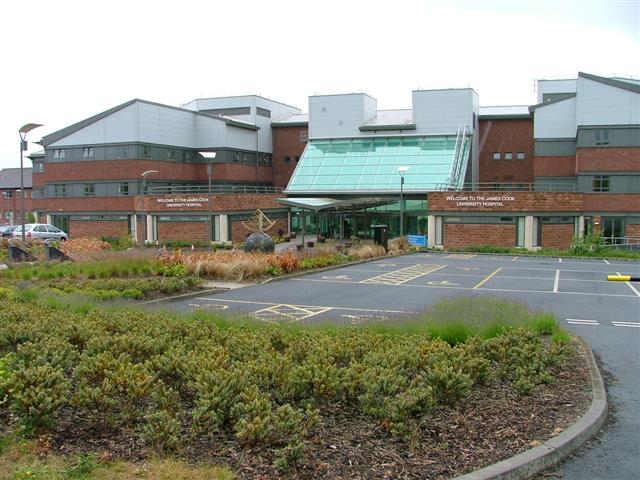James Cook University Secures $2M to Enhance Health Care in Northern Queensland

In a significant advancement for healthcare in Northern Queensland, James Cook University (JCU) has announced the initiation of a program aimed at improving health outcomes for residents grappling with a high prevalence of chronic illnesses, including diabetes and congenital heart disease. The initiative, which is backed by a grant of nearly $2 million from the National Health and Medical Research Council (NHMRC), will be led by Professor Sarah Larkins, Dean of JCU's College of Medicine and Dentistry, alongside Associate Professor Rae Thomas.
The program comes at a time when Northern Queensland is facing alarming health disparities compared to urban regions. According to Professor Larkins, "People in northern Queensland have worse health outcomes, poor access to healthcare, high socioeconomic disadvantage, and more challenges in service delivery compared to people who live in cities." The region has been reported to experience rising rates of obesity, sedentary lifestyles, and limited access to fresh foods, contributing to an increase in type 2 diabetes and hypertension. These factors lead to further complications such as cardiovascular disease, chronic kidney disease, and premature mortality.
The Tropical Australian Academic Health Centre (TAAHC), a collaborative effort involving five hospital and health services in Northern Queensland, the NQ Primary Health Network, and the Queensland Aboriginal and Islander Health Council, will oversee five targeted projects aimed at addressing these pressing health issues. The projects will focus on areas such as diabetes management, kidney care, rheumatic heart disease, dementia, and congenital heart disease in infants.
"This grant brings together health service partners and consumers across northern Queensland to progress better care closer to home," stated Professor Larkins. The initiative aims to implement new models of care that will enhance service delivery for chronic conditions, particularly for Aboriginal and Torres Strait Islander populations, who experience a disproportionately higher risk of kidney failure and other health complications compared to their non-Indigenous counterparts.
The NHMRC grant will also support TAAHC's broader mission to enhance research capabilities within the region. Dr. Scott Davis, Executive Director of TAAHC, emphasized the importance of this funding: "This investment will help TAAHC expand our program of research training to create greater access for early career researchers to conduct industry-led health research. We aim to prioritize research translation projects and upscale successful initiatives across different regions."
This funding will not only facilitate immediate improvements in healthcare delivery but is also expected to foster long-term research collaboration between academics, health services, and community stakeholders. The implications of this initiative are far-reaching, potentially setting a precedent for health care reform in rural and remote regions across Australia. As the program unfolds, its success could serve as a model for addressing similar disparities in other underserved areas nationwide.
In conclusion, the $2 million investment marks a pivotal step towards enhancing healthcare in Northern Queensland, addressing critical health challenges, and improving the quality of life for its residents. The collaboration between JCU and local health services epitomizes a proactive approach to tackling healthcare inequities, with the potential to inspire similar efforts in other regions facing analogous circumstances.
Advertisement
Tags
Advertisement





